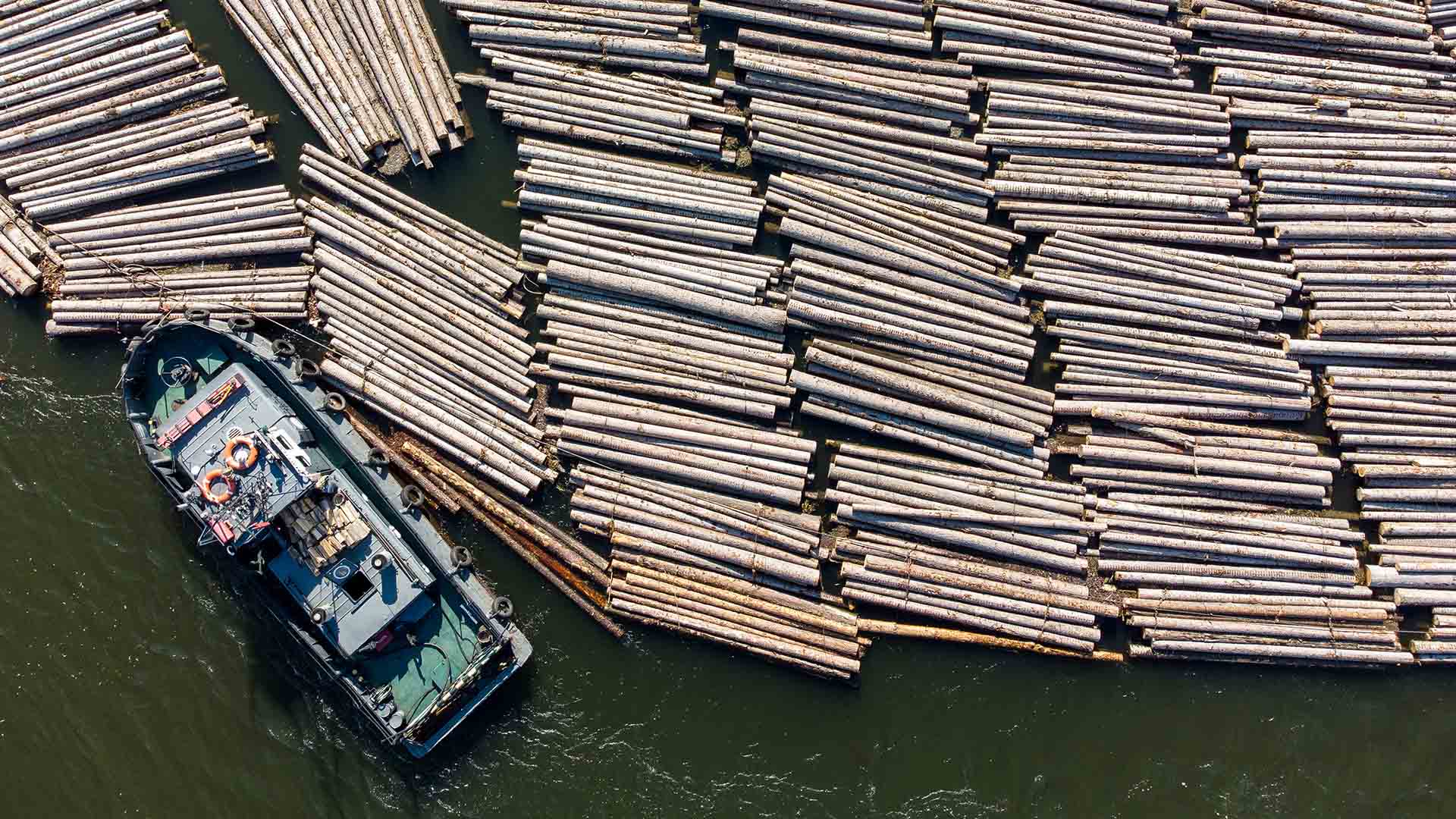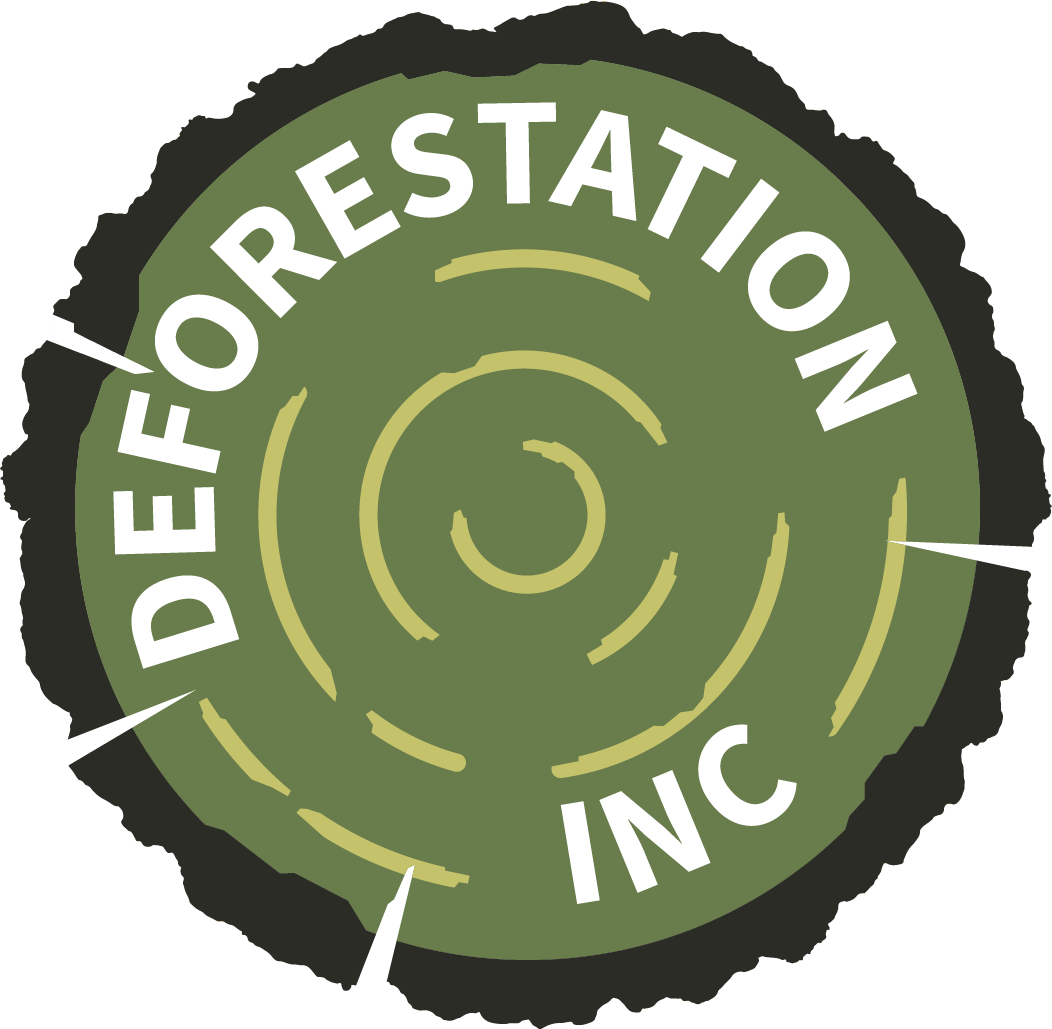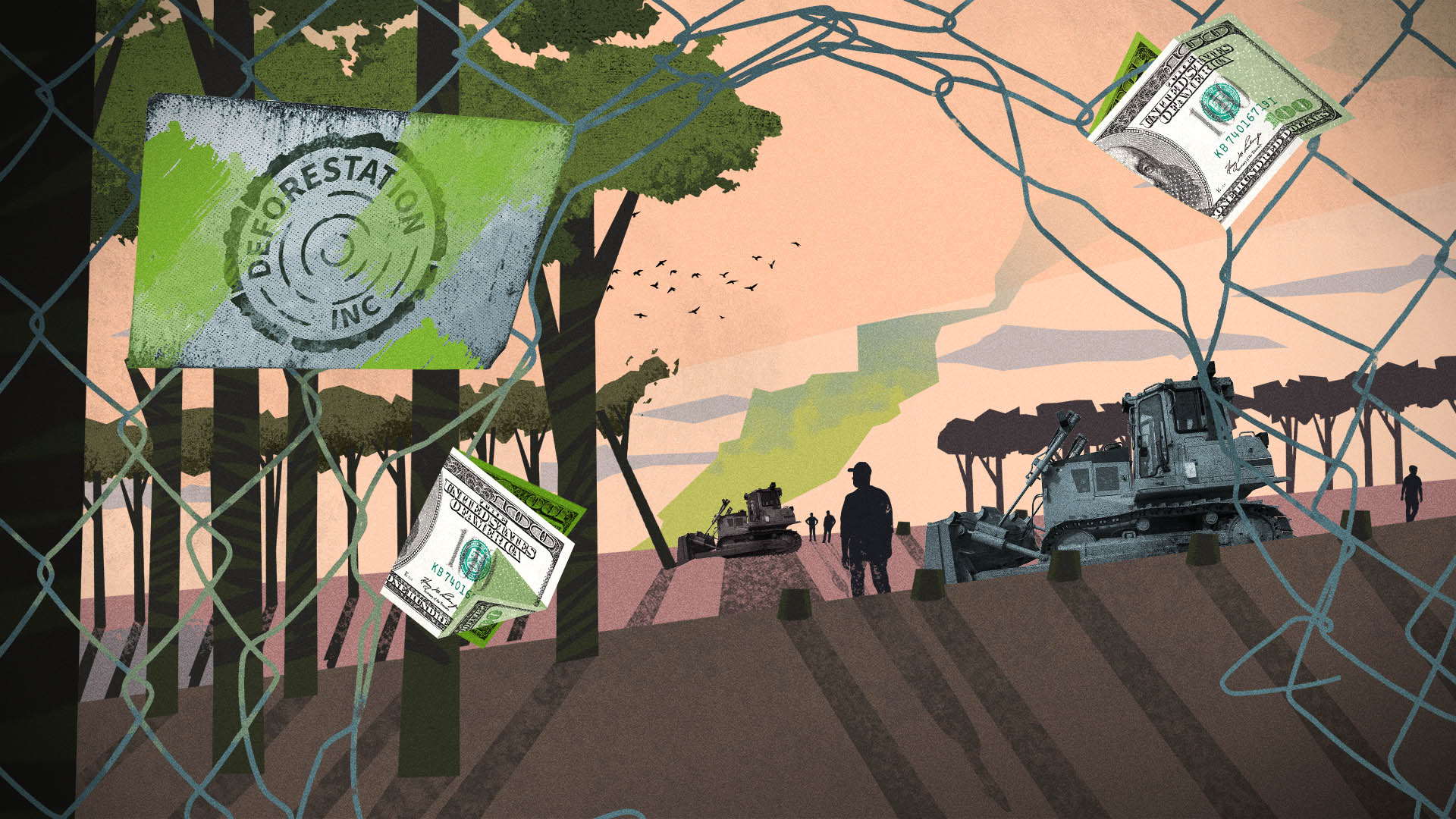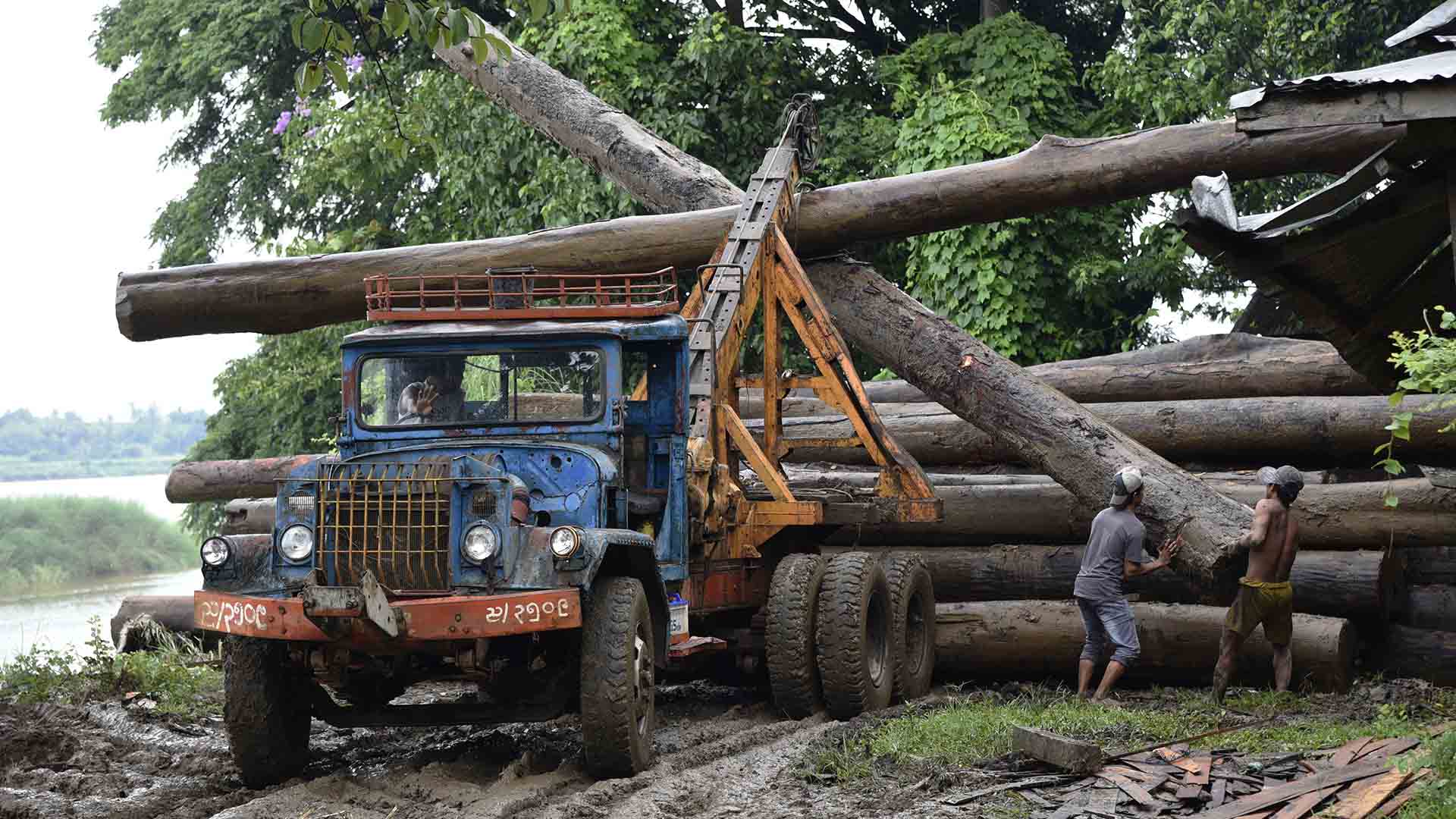Deforestation Inc.
How Russia’s timber trade is sidestepping the EU’s Ukraine war sanctions
ICIJ partners in Europe revealed the indirect trade routes used to mask the origins of Russian timber, which continues to flow into the EU despite being banned.

Banned Russian timber is still being imported into the EU despite sanctions to curb timber revenue that helps finance Russia’s war in Ukraine, a new investigation by ICIJ partners in Europe has found.
Paper Trail Media, Der Spiegel, ZDF and others analyzed trade data to trace the pathway of banned wood through third countries, including China, Turkey, Kazakhstan and Kyrgyzstan.
Russia is one of the world’s largest timber exporters, harboring more than a fifth of the world’s forested areas. In 2021, the country was the European Union’s fifth largest trading partner, exporting more than $3 billion worth of timber to the bloc that year, according to the European Commission.
When Russia invaded Ukraine in February 2022, sanctions swiftly followed, including a total ban on Russian timber imports into the EU from July 2022. While direct trade between Russia and the EU was stymied, new global pathways emerged to traffic illicit wood into the bloc.
ICIJ’s Deforestation Inc. partners have identified new routes through China, Turkey and other countries, adding to the traders using Kyrgyzstan and Kazakhstan that were previously reported on by OCCRP. Reporters used customs data to trace cases of Russian wood bypassing bans and entering the EU, identifying upticks in EU timber imports from several countries after sanctions were imposed on Russia.
The investigation is part of ICIJ’s Deforestation Inc. project, which uncovered how major certification firms validate products linked to deforestation, logging in conflict zones and other abuses. The project showed how Myanmar teak continued to enter markets in the U.S. and EU sporting green labels, despite sanctions intended to remove a crucial source of funding for the military regime that toppled a democratically elected government in 2021.
In Russia, the state similarly owns — and therefore benefits financially from — the country’s forests. It temporarily grants rights to companies and individuals for commercial logging. Several oligarchs with close ties to the Kremlin own Russia’s largest timber companies, together controlling a forested area as large as France, according to Earthsight, a British environmental nonprofit.
Messages obtained by the ICIJ partners revealed traders with connections to Russia offering to sell timber from Turkey, Kazakhstan and China. Some masked the origins of timber with false certifications, while others explicitly outlined how they maneuvered around sanctions.
“We have our own processing company and can easily process the imported [Russian] larch and export it to you,” reads one leaked message from a Chinese trader published by Belgium’s De Tijd. “This way you can easily obtain Russian larch produced in China.”
Another, from a timber company based in Turkey, describes how it can export wood from Russia to the EU by granting products Turkish certificates of origin, providing a “legal mechanism of operation for import and export with Russia, Turkey and Europe.”
In Europe, key stakeholders such as the European Confederation of Woodworking Industries, say they are aware of the issue.
“We have been alerted by several of our national member organisation about their companies receiving offers from countries that normally should not have the production capacity to make such offers,” a statement from the CEI-Bois read. “The reality is that Europe’s sanction regime in response to Russia’s aggression of Ukraine is amongst the strictest and therefore other countries are free to continue to trade with Russia.”
In Ukraine, the circumvention of trade sanctions has real consequences. As Oleg Ustensko, advisor to the Ukrainian president Volodymyr Zelensky, put it: “For families of killed and injured Ukrainians whose houses were destroyed by the Russian army, there is no difference whether this was paid for Russian wood, oil, gas or diamonds.”
“All export revenues [the] Kremlin receives are eventually used for its war in Ukraine,” Ustenko said.
Read more from ICIJ’s partners at profil, Der Standard, De Tijd and Knack.


